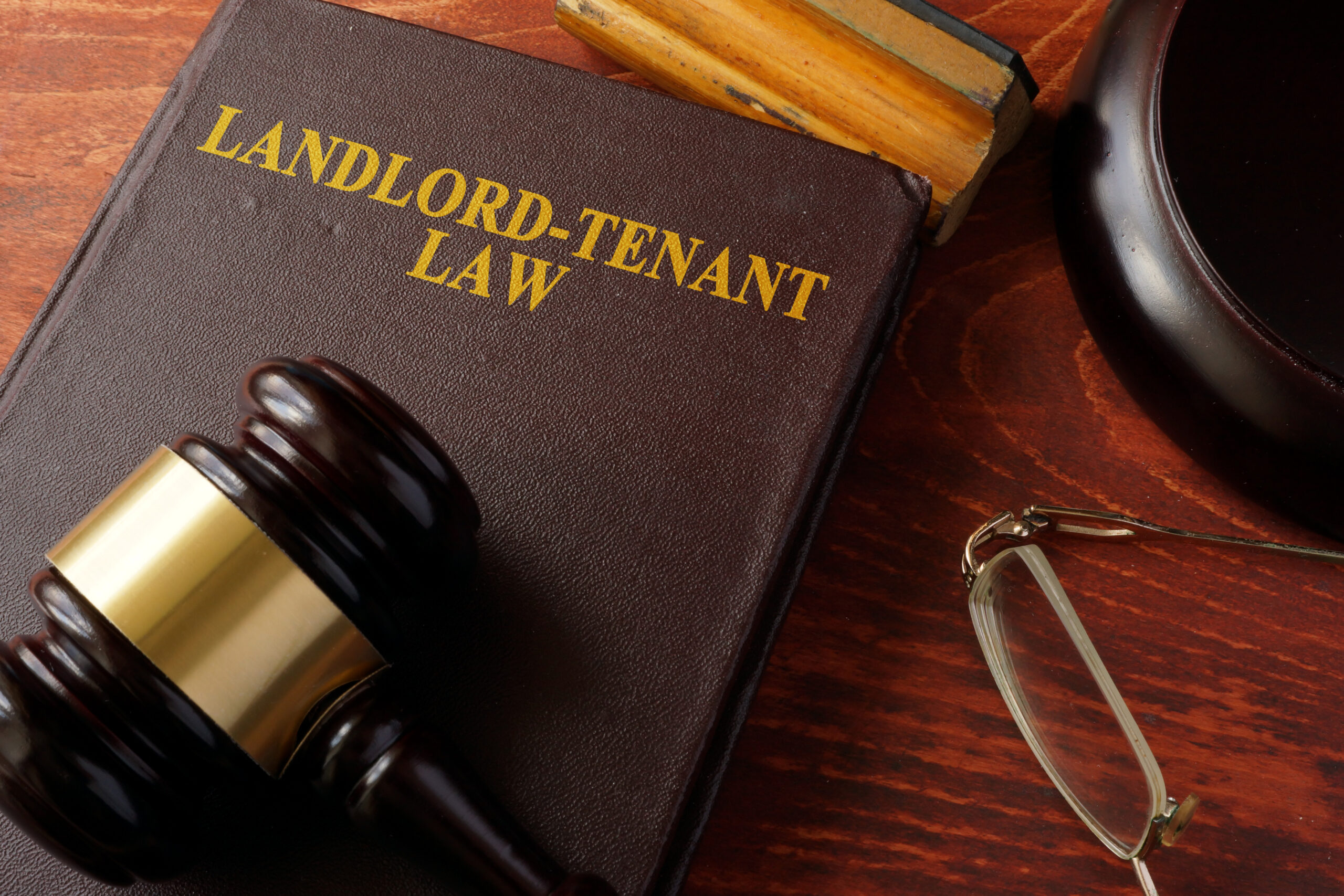“The height of foolishness is to discard an opportunity without full investigation” – Benjamin Franklin
What Is Adverse Action?
Adverse action is necessary “if any person takes any adverse action with respect to any consumer that is based in whole or in part on any information contained in a consumer report.” Adverse action is regulated by the Fair Credit Reporting Act (FCRA) (15 U.S.C § 1681m § 615).
In the section “Requirements on users of consumer reports it goes over the following criteria needed for adverse action.
1. Provide oral, written, or electronic notice of the adverse action to the consumer.
2. Provide to the consumer written or electronic disclosure.
3. Provide to the consumer orally, in writing, or electronically…
- The name, address, and telephone number of the consumer reporting agency (including a toll-free telephone number established by the agency if the agency compiles and maintains files on consumers on a nationwide basis) that furnished the report to the person; and
- a statement that the consumer reporting agency did not make the decision to take the adverse action and is unable to provide the consumer the specific reasons why the adverse action was taken; and
4. Provide to the consumer an oral, written, or electronic notice of the consumer’s right.
- to obtain, under section 612 [§ 1681j], a free copy of a consumer report on the consumer from the consumer reporting agency referred to in paragraph (3), which notice shall include an indication of the 60-day period under that section for obtaining such a copy; and
- to dispute, under section 611 [§ 1681i], with a consumer reporting agency the accuracy or completeness of any information in a consumer report furnished by the agency.
Adverse action is broken down into two different segments. The first segment is sending the Pre-Adverse Action letter. If you are choosing to take adverse action because of a consumer report you received you will need to send this letter. Along with the letter you will also need to send a copy of the consumer report and a copy of the “summary of your rights” with any additional state notices. Please see the following samples below:
The pre-adverse letter allows the candidate time to dispute any findings on the background check. It is entirely possible that a record match may not be that of the candidates. The candidate could have also received a pardon which has yet to be distributed across all channels. After receiving a pardon it could take six months or more for every database/repository to update this information. The letter gives the candidate time to look everything over before a final decision is rendered by the company.
Upon receiving the letter, the candidate can follow-up with the consumer reporting agency(CRA) to file any disputes. If Research Services was the CRA who ran the report we will receive your dispute and conduct a re-investigation. The CRA can be a lengthy process and the CRA has 30 days to correct any mistakes on your report. If after re-investigation we find any records that do not belong we will send an updated report to all necessary parties.
Second Segment (Adverse Action)
Companies who have sent out a pre-adverse letter with all necessary documents will need to give the candidate time to dispute their report. There is no defined time but industry best practice is to wait at least five business days from sending the pre-adverse to sending the adverse action letter. It is only after this next letter that a final decision is handed out on the consumer report.
“Along with the adverse action letter you will again need to send a copy of the consumer report and a copy of “Summary of Your Rights” with any additional state notices. Please see samples below:
It is important to note there is state laws that impact the pre-adverse/adverse action processes. The first example is San Francisco, CA which you should allow 7 days between sending pre-adverse and adverse letters. New York City is another example where you should wait 3 business days from the applicant’s receipt. It is important to seek legal counsel as states and cities are adding new laws which require employers to alter the way they handle reports from Consumer Reporting Agencies.











